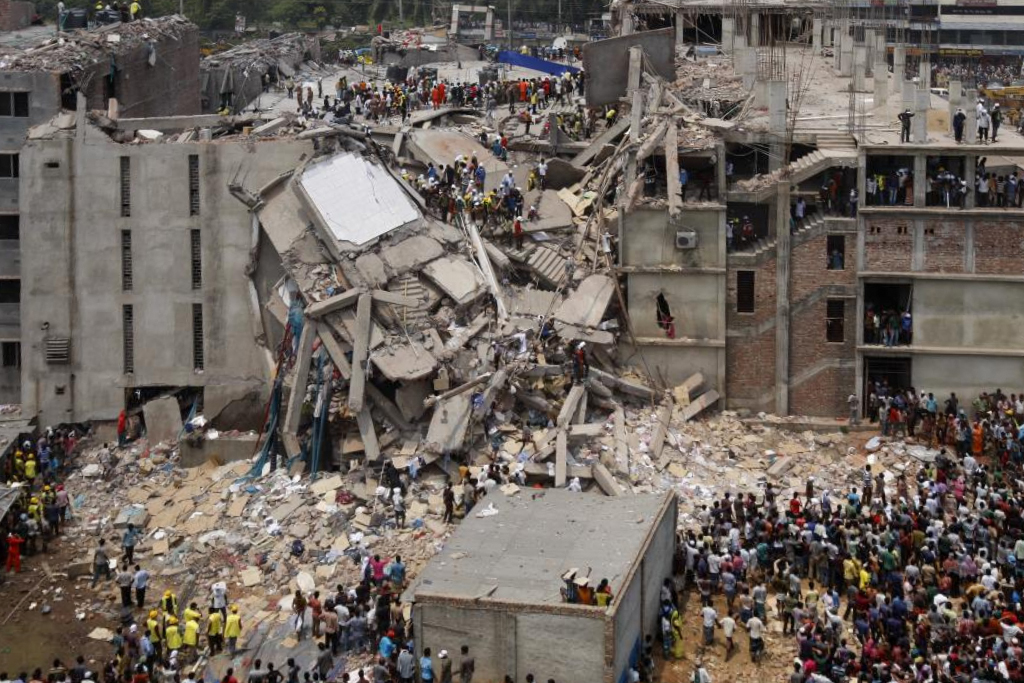The reputational risks lurking in your supply chain
As H&M, Mattel and countless other companies have shown, a dodgy supply chain is one of the surest ways to a reputational meltdown, writes crisis management expert Tony Jaques.
Many organisations have major risks lurking in their supply chain – often unrecognised – like potential land-mines waiting to explode. But supply chain risks seem to remain a seriously under-rated source of reputational crises.
The notorious Rana Plaza collapse in Bangladesh in 2013 was a wakeup call for fashion brands produced in dangerous conditions in pursuit of cheap labour. Yet just last year angry workers demanding better conditions and benefits destroyed the production line of a Chinese-owned factory in Myanmar making clothes for Swedish apparel-maker H&M.

The 2013 Rana Plaza collapse. Source: Wikipedia

